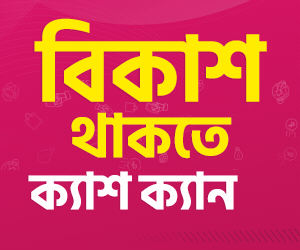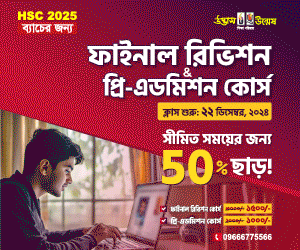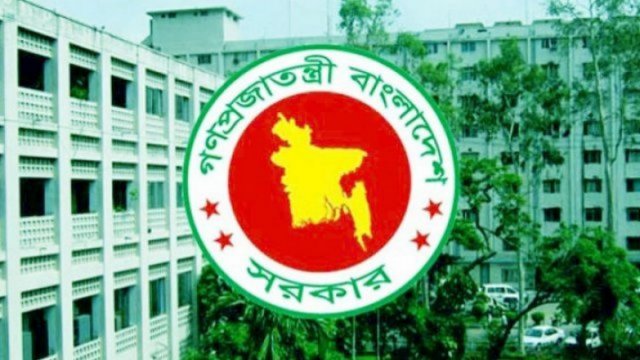On July 19, during the Anti-Discrimination Students movement, Md. Bappi Hossain, 19, was shot by police in Rayerbazar area of the capital.
The shotgun round with which he was shot resulted in five pellets nestling in his eyes - three in the left and two in the right.
Bappi is admitted at the specialised dedicated care unit of the National Institute of Ophthalmology and Hospital in Shyamoli of the capital, commonly known as the ‘Chokkhu’ or Eye Hospital, where despite three rounds of surgery, he still cannot see with either eye.
His mother Maryam Begum said that there are still 19 shotgun pellets in his body. The doctors have told her that Bappi will never see again. But somewhere in Bappi's mind there is still hope that he will regain his sight one day.
Rahmatullah Sarkar Sabir, 26, was a coordinator of the Anti-Discrimination Students movement at Barishal BM College. His brother Nazrul Islam told that there was a clash with the police in front of the college on the afternoon of August 4. At that time, Rahmatullah was shot.
Three pellets hit his left eye, while one hit his right eye. He too is admitted at the Eye Hospital. There is still one pellet in the left eye. Extracting that would require disposing of the eye itself, doctors said. The right eye has recovered following surgery, but Rahmatullah can see nothing with his left eye.
According to the information centre of the National Institute of Ophthalmology, from July 17 to August 31, 611 people were admitted at the hospital with eye injuries. Among them, 28 have lost their sight in both eyes. Another 510 have lost the sight in one eye. Some 177 individuals underwent surgery twice. As of September 12, 46 remain admitted in the specialised dedicated care unit of the hospital. All of them suffered pellet gun injuries.
Sanjay Kumar, resident surgeon of the institute, told, “All the patients we came across were injured by metal pellets. The eye is a very sensitive structure. Like a football contains air, eyes contain a jelly-like substance and water. The eye has many layers, one of which is the retina. When the pellet penetrates the retina and enters the jelly-like substance, the retina is torn, and the structural integrity of the eye is destroyed. There is little chance of coming back from there. The reason we do the second operation is because people with retinal tears, nerve damage, or internal haemorrhage can get better slowly if they don't have too much damage. But if the damage is beyond a certain point, there is nothing to be done.”
Although authorities claim they are a non-lethal alternative to firearms that use live bullets, metal pellet-firing shotguns fire a large number of small pellets spread over a wide range. Known as “birdshot” (it was originally used in hunting), the multidirectional spray of pellets is designed to catch prey in flight. There is no way to control the trajectory or direction of the pellets, whose effects are therefore indiscriminate.
Depending on their size, each round will contain 300-600 pellets. By their very nature, the weapons have a high risk of causing serious and permanent injuries to the persons targeted as well as to others, which is perhaps why many bystanders were reportedly injured during the recent protests.
Pellet guns overwhelmingly blind, injure, and maim, rather than instantly kill. They are therefore posited as more “humane” and “acceptable” instruments of crowd control. But Amnesty International considers the use of birdshot to be absolutely inappropriate for law enforcement and it should never be used in the policing of protest.
Both Amnesty International and Human Rights Watch have in recent years called for a ban on using pellet-firing shotguns in Indian-administered Kashmir. During a mass uprising there in 2016, more than 1,100 people were partially or fully blinded by pellets.
While calling for the ban, Amnesty reported: “People injured by pellet-firing shotguns have faced serious physical and mental health issues, including symptoms of psychological trauma. School and university students who were hit in the eyes said that they continue to have learning difficulties. Several victims who were the primary breadwinners for their families fear they will not be able to work any longer. Many have not regained their eyesight despite repeated surgeries.”
Many countries have banned police from using such “ammunition meant for hunting animals” on human beings. With policing reform high on the agenda for the interim government, the use of pellet guns for crowd control is an issue that deserves the authorities’ attention.







